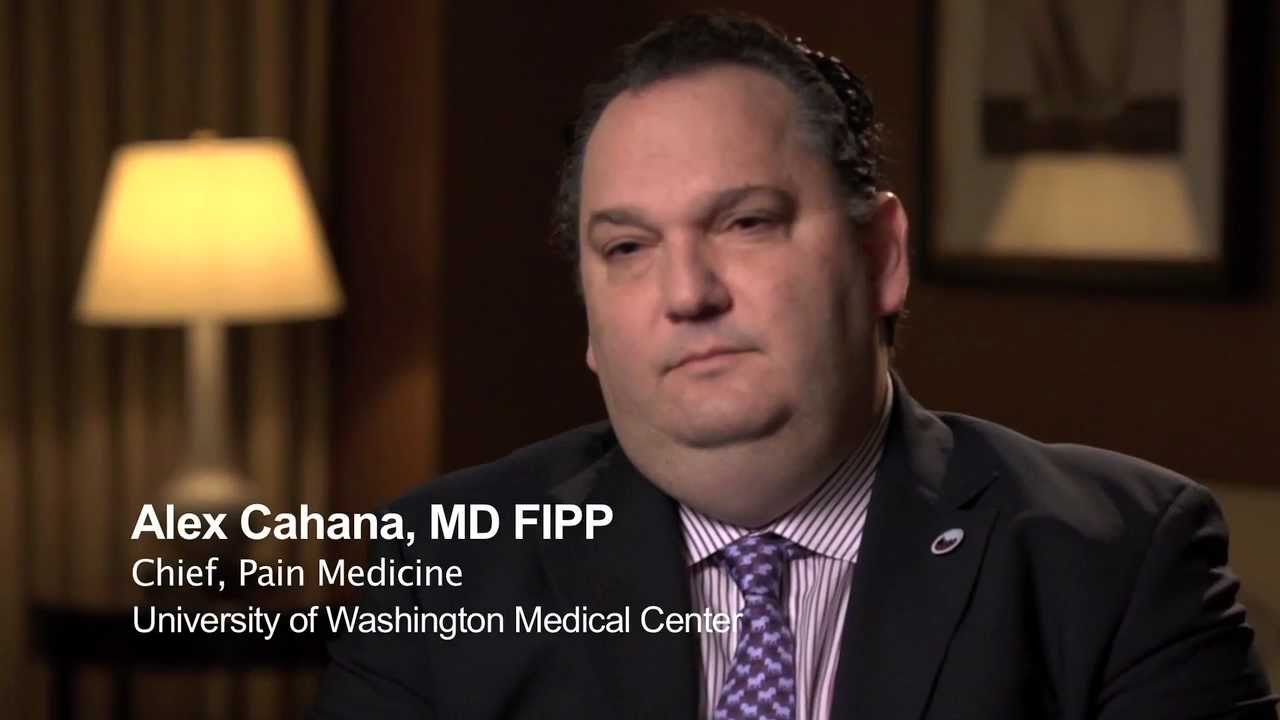The steady stream of celebrity stories about prescription drug abuse makes Americans keenly aware of the dangers of overdosing on medications like OxyContin and Vicodin. And from President Obama's Drug Czar to California Attorney General Jerry Brown, politicians are calling for greater power to monitor doctor-patient relationships in order to fight the "epidemic" of prescription drug overdosing.
But maybe the real epidemic is underdosing. Countless Americans suffer with severe chronic pain because doctors are afraid to treat them properly.
Michael Jackson's death unleashed a flurry of media stories about all aspects of the pop star's life, including his alleged prescription drug abuse. On the same day countless millions watched Jackson's star-studded memorial service, reason.tv interviewed another musician.
Seán Clarke-Redmond, a man who enjoyed an active live before the neurodegenerative disease ALS, often referred to as Lou Gerig's disease, rendered him nearly immobile—he can no longer even play the piano.
The disease also left him in almost constant pain. Redmond is prescribed some medication, but not nearly enough to keep his pain under control. Dr. Frank Fisher says Redmond's case is an appallingly common one.
"Chronic pain in America is an enormously under treated disease," says Fisher, a Harvard-trained physician. "It's a public health disaster."
Pain specialists like Fisher and patients' groups like the Pain Relief Network battle law enforcement officials who are forever on the lookout for "pill mills" and patients who misuse pain medicine. Fisher notes that the same medications so often associated with celebrity addiction are the same medications that combat pain most effectively.
Fisher has treated his patients with high doses of opioids-that is, until a swat team raided his clinic and threw him behind bars.
"They were trying to give me 256 years to life," says Fisher who argues that fear of prosecution often prevents doctors from treating chronic pain patients effectively.
What allows doctors' medical decisions to be overruled by police?
"What we're dealing with is a mass insanity," says Fisher. "We call it the war on drugs."
"When Cops Play Doctor" is written and produced by Ted Balaker and hosted by Nick Gillespie. Director of Photography is Alex Manning, Associate Producers are Hawk Jensen and Paul Detrick.


